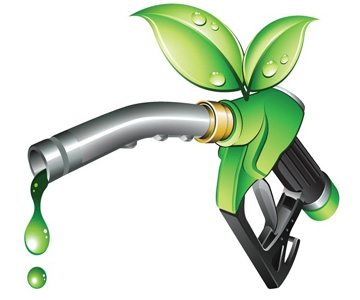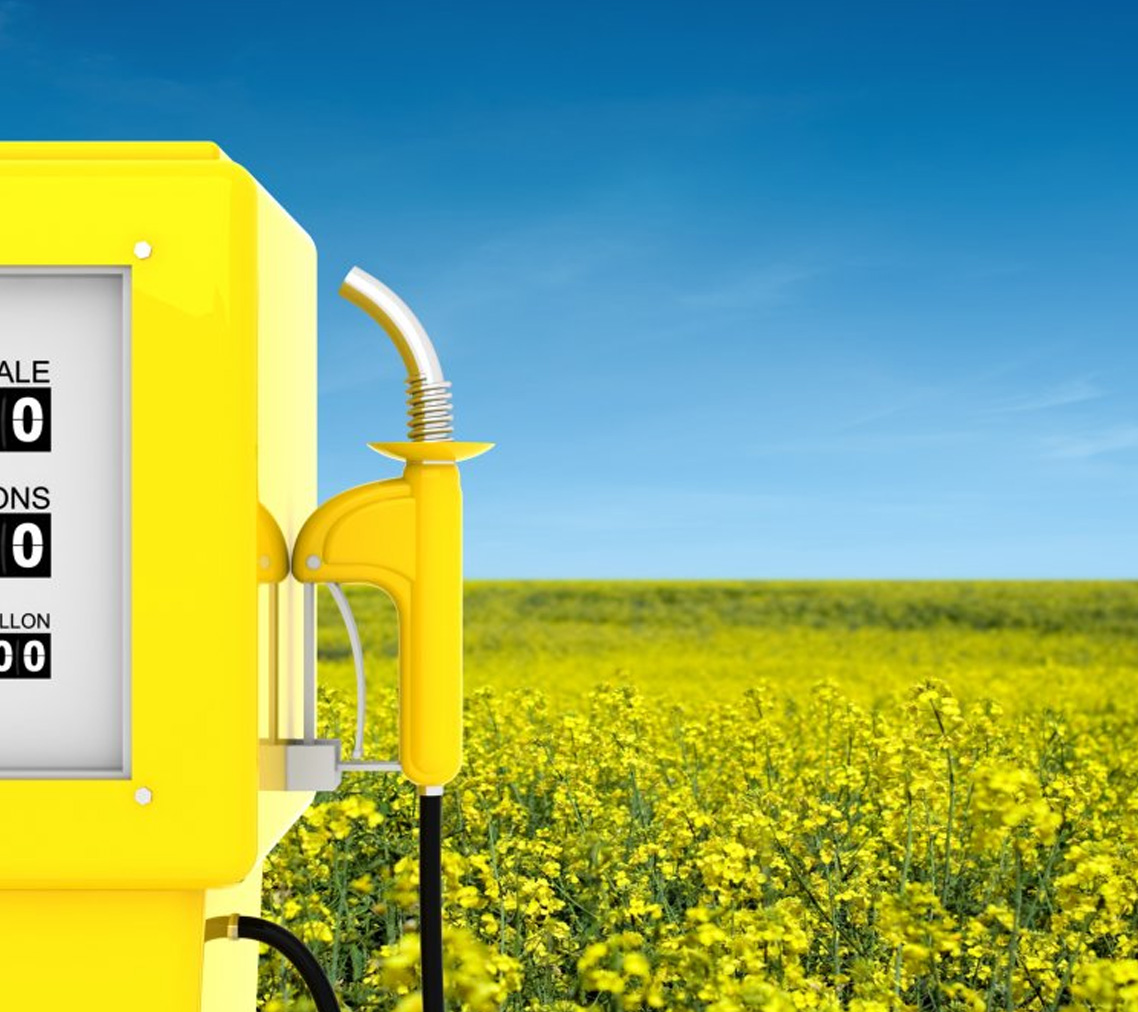The quest for sustainable and environment friendly energy sources has become
the pressing need of the present. Declining petroleum reserves, worldwide
demand for energy, and undesirable effects of greenhouse gas emissions have
led to increased worldwide interests in biofuels. This has resulted in the
enormous use of biofuels an alternative choice that can link energy security with
environment conservation without essentially compromising with the
nourishment of the people.
Biofuels, the sustainable energy system may be regarded as a cost-effective, trustworthy, and environmental friendly system that efficiently make use of local resources. Biofuels have additionally been lumped into first-, second- and third-generational categories. We use first-generation biofuels in our fuel tanks today. Biofuels are relatively similar to hydrocarbons and feature some of the similar emission problems like that of standard fossil fuels. Biofuels are an inexhaustible resource since the stock can be replenished through agriculture.
Biofuels, the sustainable energy system may be regarded as a cost-effective, trustworthy, and environmental friendly system that efficiently make use of local resources. Biofuels have additionally been lumped into first-, second- and third-generational categories. We use first-generation biofuels in our fuel tanks today. Biofuels are relatively similar to hydrocarbons and feature some of the similar emission problems like that of standard fossil fuels. Biofuels are an inexhaustible resource since the stock can be replenished through agriculture.











